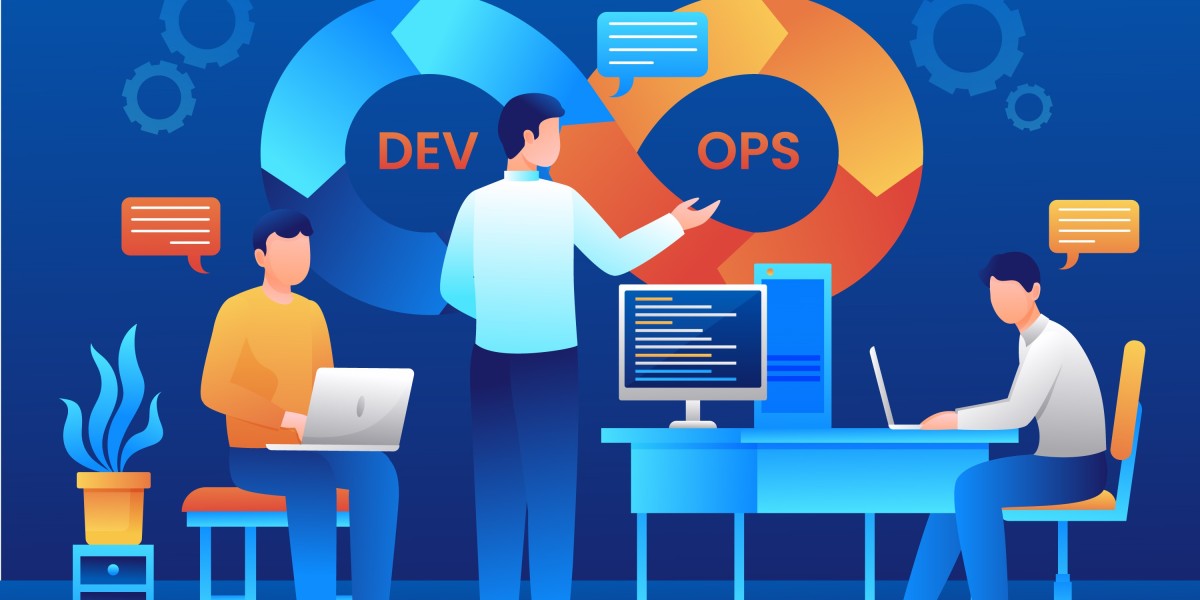Introduction
In today's fast-paced digital landscape, where businesses are under constant pressure to innovate and deliver products and services faster than ever, DevOps has emerged as a crucial approach to software development and IT operations. DevOps, short for Development and Operations, is a set of practices that fosters collaboration and communication between development and IT teams. It aims to automate and streamline the software development and deployment processes, enabling organizations to deliver high-quality software rapidly and reliably.
DevOps consulting services have become indispensable for businesses seeking to adopt and optimize DevOps practices. These services provide expert guidance, tools, and strategies to help organizations successfully implement and manage their DevOps initiatives. In this article, we will explore the key aspects of DevOps consulting services and how they can benefit your organization.
Understanding DevOps Consulting Services
DevOps consulting services encompass a wide range of activities and support to help organizations achieve their DevOps goals. These services are typically offered by specialized consulting firms, and they can be customized to meet the unique needs of each client. Here are some core components of DevOps consulting services:
Assessment and Strategy Development: DevOps consultants begin by assessing the current state of an organization's software development and IT operations processes. They identify bottlenecks, inefficiencies, and areas that can be improved. Based on this assessment, they develop a tailored DevOps strategy that aligns with the organization's goals and objectives.
Tool Selection and Implementation: DevOps relies heavily on automation, and selecting the right set of tools is crucial. Consultants help organizations choose the appropriate DevOps tools for tasks like continuous integration, continuous delivery, and infrastructure automation. They also assist in implementing these tools and integrating them into the existing infrastructure.
Process Optimization: DevOps consultants work with teams to optimize development and deployment processes. They help streamline workflows, reduce manual interventions, and introduce best practices such as code reviews, automated testing, and deployment pipelines. This leads to faster development cycles and more reliable releases.
Culture and Collaboration: A key aspect of DevOps is fostering a culture of collaboration and shared responsibility between development and IT teams. Consultants guide organizations in promoting this cultural shift, breaking down silos, and encouraging open communication.
Continuous Monitoring and Improvement: DevOps is an ongoing journey of improvement. DevOps consultants assist in setting up continuous monitoring and feedback mechanisms to track the performance of software and infrastructure in real-time. They use metrics and data to identify areas that need further enhancement.
Training and Skill Development: DevOps consulting services often include training and skill development programs for teams. This ensures that employees have the necessary knowledge and expertise to effectively use DevOps tools and practices.
Benefits of DevOps Consulting Services
Accelerated Time-to-Market: By automating and optimizing processes, DevOps helps organizations release software faster. DevOps consulting services accelerate this transition, reducing the time it takes to realize the benefits of DevOps.
Improved Quality and Reliability: DevOps practices like automated testing and continuous integration lead to higher-quality software with fewer defects. Consultants ensure that these practices are effectively implemented.
Cost Efficiency: DevOps can lead to cost savings through better resource utilization and reduced downtime. Consultants help organizations identify cost-saving opportunities.
Enhanced Collaboration: DevOps fosters collaboration between teams, leading to a more cohesive and efficient work environment. Consultants facilitate this cultural change.
Scalability: DevOps practices and tools can scale with your organization's growth. Consultants help design DevOps solutions that can accommodate increasing workloads.
Conclusion
DevOps consulting services play a vital role in helping organizations harness the power of DevOps to improve their software development and IT operations. By providing expertise, guidance, and support, these services enable businesses to accelerate their digital transformation, enhance collaboration, and deliver high-quality software faster and more efficiently. As the demand for DevOps continues to grow, consulting services will remain a valuable resource for organizations seeking to stay competitive in the ever-evolving tech landscape.



